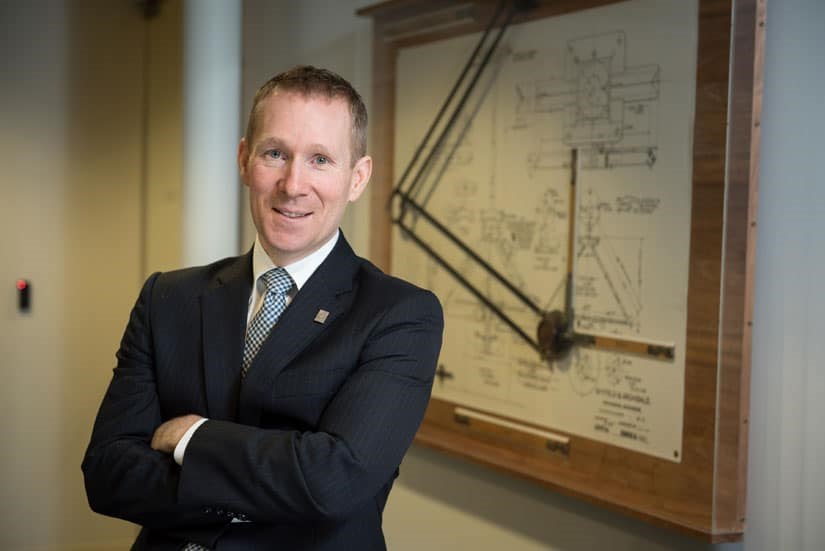Michael Wrinch, president of Vancouver-based Hedgehog Technologies, served as project manager for a 300-kw solar power project in Fort Severn, a remote Indigenous community on the shores of Hudson Bay.
Completed in November 2021, the football field-sized solar panel array will displace approximately 130,000 litres of diesel fuel per year, representing a little more than 10 per cent of the community’s historical diesel fuel consumption.
In this video, Michael explains why the community was an ideal candidate for solar power. Fort Severn was totally dependent on the transportation of diesel fuel to the community via the 772 km Wapusk Trail ice road from Gillam, Manitoba, over a period of a few weeks in March or April, an annual barge shipment from Moosonee if the ice broke up on James Bay, and expensive air transportation in very cold winters if more diesel is required to keep the 550 residents of the community from freezing.
The savings from the solar power project will provide the community with $350,000 per year that it will allocate for housing construction.
Building a solar power project in such an isolated community was no easy feat. A 500,000-pound eHouse, a shipping container with all of the electronics to connect the panels to the local grid, had to be shipped up from Guelph, Ontario, a journey of more than 3,700 kilometres, and then had to be precisely positioned without the benefit of a crane.
Michael credits Fort Severn Chief Paul Burke for his vision, determination and devotion to the community. “When I think of a great leader, I think of Chief Burke,” he tells us. “Every time I speak with him, he always asks, ‘How does this help the community of Fort Severn.’ His lens is ‘How do I improve the lives of the people I serve.’”
Michael claims there is a lot more potential for solar power projects to displace diesel in off-grid Indigenous communities across Northern Ontario. The displacement of 10 per cent of a community’s diesel consumption is a good start and the preferred strategy, he tells us, is to start small and take a phased approach to minimize risk.
